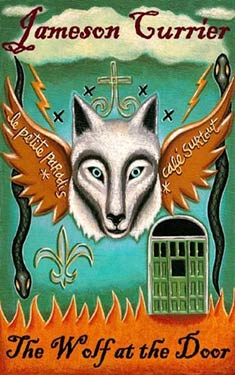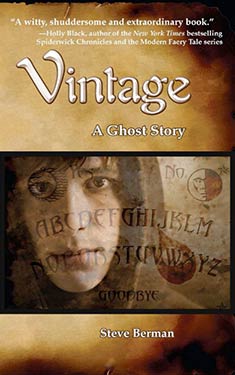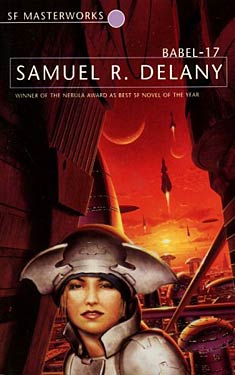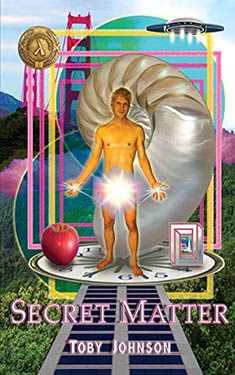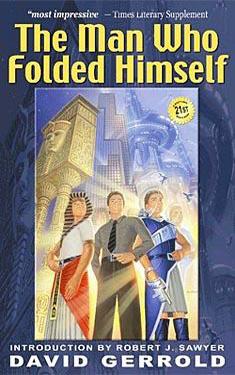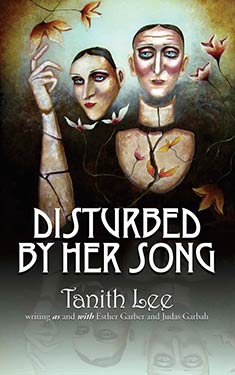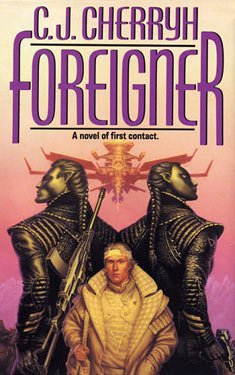Completed 2/26/2018,
Reviewed 2/28/2018
4 stars
When I think of satire, I usually think of something that
has humor in it. This book is a satire,
but has very little humor. It projects a
future where the majority of people in the world are homosexual, and only about
10% are heterosexual. These 10% are
persecuted as deviants, a danger to society.
History and even literature is rewritten to represent the homosexual
majority. It’s a terrific book, but hard
to read at times. It takes all our
current experience of oppression of gays and lesbians and turns it on its head.
The book is translated from Russian. It’s the first translation from Russian I’ve
read that I was able to follow well. In
fact, it’s the first translation I’ve read in a long while that was fairly easy
to read. The book takes place in the US,
and all the names of the main characters are American. This is different from books that take place
in Russia where everybody seems to have nine names.
The plot is fairly straight-forward. No pun intended. It follows Robert Marcus, a heterosexual who
has a clandestine affair with Liza. They
hide from authorities by feigning marriage to the same gendered persons of
another couple. All four live in a two
family house. At night, they secretly
change rooms to sleep their lovers while carrying on as homosexual couples
during the day. Normal reproduction is
also illegal, but the couples pretend to have artificially inseminated
children, the boy being raised by the men and the girl being raised by the
women. After a while Liza leaves this
arrangement. Robert tries to make a go
of converting to being homosexual to make life easier for himself. He meets an older man who dies in his
bed. Robert is accused of murder,
confirming that heterosexuals are a menace to society. The rest of the book follows Robert in a
riveting 1984-Kafkaesque experience.
Everything about this book is done pretty well, the plot,
the characters. The one thing I found
hard to take in the story, though, was that in the relationships, for both gays
and lesbians, there was a “husband” and a “wife”. I found this rather odd, unless that is the
experience of the author in Russia, that couples have roles like straight
couples. I also thought that maybe this
was part of the satire; it was hard to tell.
Another thing was that the only character that is well
developed is Marcus. He’s the narrator,
but still, I would have liked to have seen Liza fleshed out a little
better. There is a part of her that is
rather “wifey” in the sense that she’s not a strong person, relying on the men
in her life to tell her what to do.
Again, that may be part of the satirical effect, the woman being weaker
than the man. It is hard to tell.
Politically, I’d give this book five stars for what it
attempts and accomplishes. However, as
an overall enjoyment experience, I’d have to give this book four stars. While I was pretty gripped to the story, I
wasn’t really emotionally involved enough, which is my requirement for giving
five stars. But if you like Kafka’s “The
Trial” and Terry Gilliam’s film “Brasil”, this is definitely the book for
you.
One thing I should also note is that this book has a
sequel. However, I don’t think it has
been published in English yet. I did
searches and didn’t find anything indicating that the author has published it
at all. So if you read it, be prepared
for a cliff hanger that’s not going to be resolved any time soon.

